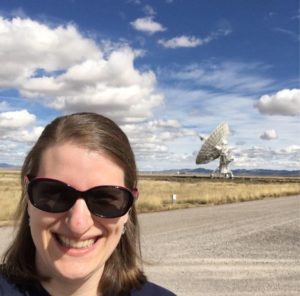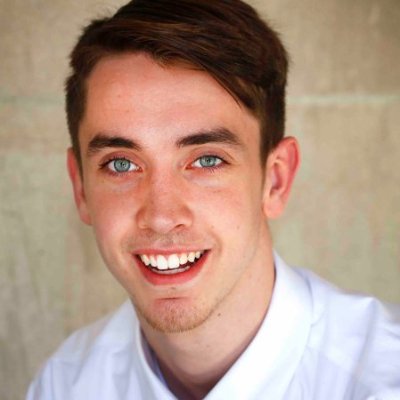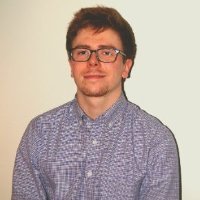 Meet Alison Cheung ’06, Engineer at MIT Lincoln Laboratory.
Meet Alison Cheung ’06, Engineer at MIT Lincoln Laboratory.
In one sentence, what does your job entail?
I work sensors such as a large optical telescope to monitor the space environment and enable the nation to meet the challenges of an increasingly congested and contested space domain.
What planned and unplanned events connected you to your industry and your first employer after Holy Cross? How did you learn/decide it was a good fit for you?
During my sophomore year at Holy Cross, I was informed of an opportunity via email from the physics department to get funding through the Massachusetts Space Grant Consortium for a summer internship at NASA’s Jet Propulsion Laboratory (JPL). I had been looking at various internship opportunities from the financial industry to the department of defense, but had not previously thought about NASA or the space industry. After submitting a resume and talking to a mentor at JPL, I jumped on this opportunity. I worked hard that summer, had frequent conversations with my mentor, and fell in love with the work environment and the space missions. This resulted in me returning for a total of three summers under the same mentors but with exposure to various mission areas. Knowing that a graduate degree is incredibly valuable in this type of environment, I attended graduate school but kept in contact with my JPL mentors. After completing my master’s degree, I chose to return to JPL as full-time staff.
What were you involved in when you were on campus?
On campus I was involved in the marching band/pep band, Holy Cross Chamber Orchestra, Society of Physics Students, Science Student Ambassadors, SPUD, and admissions office host for prospective students.
What was your major and how did it affect your career decisions?
I was a double major in mathematics and physics. I always had a hard time picking a favorite between these majors and struggled to decide which area to go to graduate school in. Ultimately, I looked for ways to keep a balance of both fields and have continued to do so.
What are one or two skills that you developed at Holy Cross that you use in your work?
What advice do you have for students on campus today?
My largest piece of advice for students on campus today is to seize any opportunity that comes your way and work hard to make a positive impression. This could mean being the first to submit a resume or respond to an email. Don’t worry about how the opportunity came about and don’t doubt your qualifications. Imposter syndrome is a real thing. Instead of thinking about why you were given an opportunity, put your energy into making the most of that opportunity so that it leads to further opportunities. When gaps in your knowledge arise, ask good questions and continuously improve.



 Name: Kyle Hughes
Name: Kyle Hughes